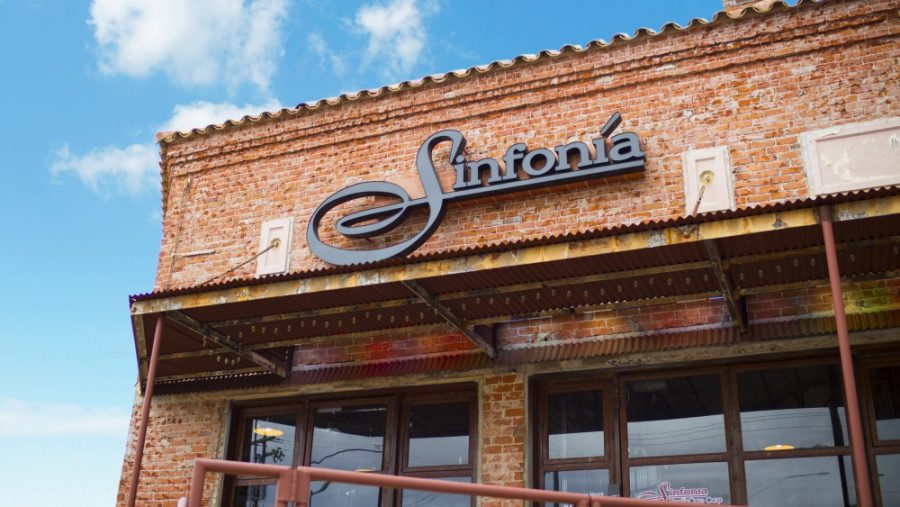In another success for Tech Launch Arizona, SinfoniaRx, a University of Arizona startup pharmaceutical company that helps patients nationwide, was recently acquired by New Jersey-based public health care company Tabula Rasa.
Sinfonia’s CEO, Kevin Boesen, said the company was bought for $35 million in cash and $10 million in stocks. Boesen will maintain full control of the company moving forward.
“We are pretty well known in the market nationally and have a pretty good reputation,” Boesen said. “Tabula Rasa’s CEO and founder is a pharmacist as well, and he drew different pharmacy networks.”
RELATED: Mexican product distributor buys rights to sunscreen invented at UA
Boesen said part of the reason for the acquisition was due to overlap between the two companies in the pharmaceutical community.
Boesen graduated from the UA in 2003 from the College of Pharmacy and proceeded to become a faculty member at the college, where he then became the adviser for the UA student chapter for the National Community Pharmacists Association.
The NCPA focuses on driving students’ interest in entrepreneurship in the pharmaceutical industry around the country. This is where Boesen and his students developed the plan for Sinfonia.
“In 2005, before we launched the company, I was working with those students in an innovative way to expand pharmacy services and promote patient care,” Boesen said. “We started operating from the university, and once we got a contract with one health plan, then another and more, we got to spin out from the university in 2013.”

According to Boesen, the company guides patients with chronic conditions through their illnesses and advises their medications.
“We have five call centers spread across the country now that will actually call the patients to help them manage their medications,” Boesen said. “We have a pharmacist that will call a patient and talk to them about their chronic conditions, their medications, their doctors and make sure they understand everything that they are taking.”
The company looks for patients who have multiple chronic conditions and a high risk of drug-related problems. According to Boesen, Sinfonia mines health care data from 300 health care services to find patients to work with, which comes to 50 million patients nationwide.
Sinfonia grants internships and employment to students in the College of Pharmacy, exposing them to real-world situations working with patients and helping guide their personal care, said Stephanie Forbes, director of the college’s Medication Management Center.
Forbes began working for Sinfonia as an intern in 2010 and graduated from the UA in 2012 before being hired by the company.
According to Forbes, Sinfonia’s Tucson call center on Sixth Street and Stone Avenue, has about 240 employees, 85 interns and 50 undergrad student employees.
“It’s been an incredible opportunity,” said Jared Tate, a senior pharmacy intern at Sinfonia. “It’s given me a chance to further my own pharmacy education while gaining unique experience interacting directly with patients.”
The experience in Sinfonia is quite different compared to other opportunities available to pharmacy students since they get to apply clinical guidelines to various disease states in the patients they work with, he said.
Tate plans to pursue residency training in a managed care setting after graduating from the UA.
“Working with Sinfonia has taught me how pharmacy can positively impact a large number of patients across the nation in new and innovative ways,” he said.
According to Forbes, the company trains employees and interns in a two-week process to teach them ways to ease into holding a conversation with the patients through the phone.
“There are four pillars of Sinfonia,” Forbes said. “There is people, trust, communication and improvisation. The biggest challenge students face at first with Sinfonia’s work is the communication with their patients.”
RELATED: Rolling coal: UA engineer develops sustainable concrete substitute
Sinfonia’s acquisition by Tabula Rasa is the next step, Forbes said. Now that they are public, they have different opportunities and a network of people to build relationships with.
Boesen said the company plans on creating an app to further assist patients.
“Sinfonia is going in a positive direction,” Forbes said. “When it became part of Tech Launch Arizona, that allowed us to have growth.”
Follow Victor Garcia on Twitter










